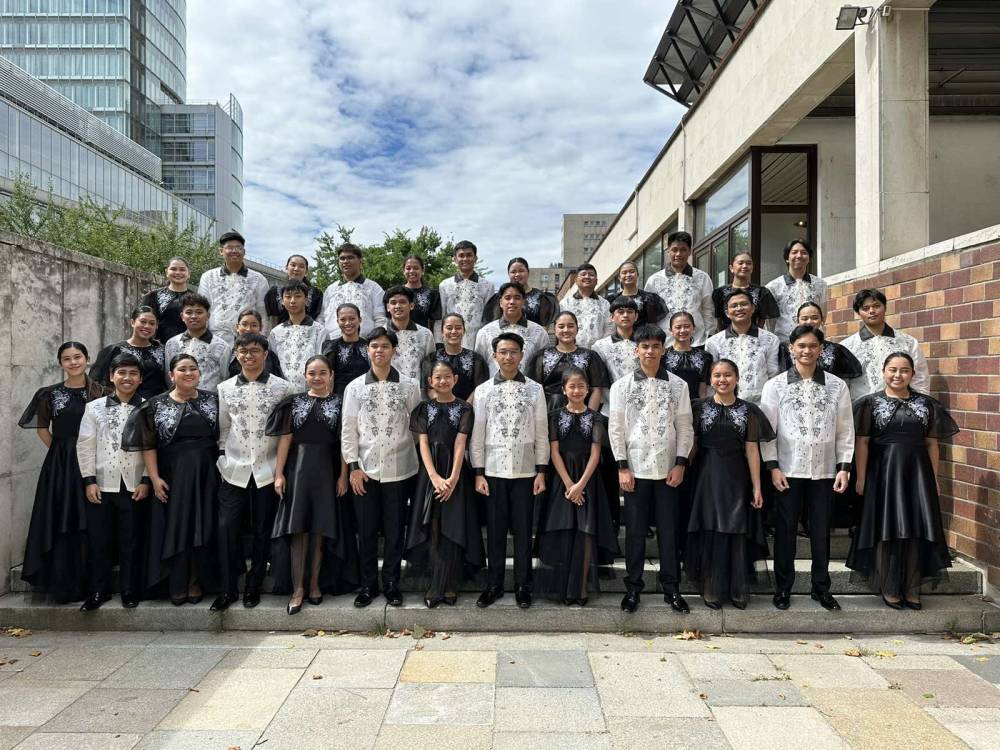COLOMBO — The research world over has today proven that meditation techniques cause detectable changes in the body and mind which are conducive to physical, psychological and spiritual wellbeing of a person. Meditation as a stress buster and a tool of fighting anxiety and addictions is well established. However, as Dr. Dilshani Dissanayake tells the Sunday Island, a large scale scientific study to demonstrate the effect of Buddhist Theravada meditation on the whole body and also to test meditation and mindfulness as a positive therapeutic and community intervention has not been carried out in the world so far. The research undertaking by the University of Colombo thus becomes a watershed in this context, she adds. “Although mindfulness has become a much sought after subject today, it is only one component of the Buddhist Theravada meditation tradition. What we seek to study is the effect of this deep meditation tradition on the body and brain from genes, molecules, chemicals, organs, body systems such as cardio-respiratory and neurology, education, psychology and behavior which reflects on the environment and social harmony. Hence, it is a broad spectrum of studies.”
The study undertaken by the Research Promotion and Facilitation Center (RPFC) of the Faculty of Medicine, University of Colombo will assess the possibility of incorporating meditation protocols to complement management of diseases such as asthma, metabolic syndrome, neurological diseases and cancer. The study, as Dr. Dissanayake says, is financially supported by the World Bank and will result in nine MPhil/PhDs. The team consisting of 30 members is equipped with advanced techniques, made possible by the grant. The research entails five clusters:a) genetics, b) biochemical, immunological, cardio-respiratory and neurophysiological parameters, c) patient groups, d) psychology and e) behavior related to social harmony and climate change. These will be conducted in two phases.
“We will begin the first phase of data collection from mid-August, initially from the meditation centers in the country. This will be followed by the enrolling of healthy volunteers from the community who have not regularly meditated before but are willing to embark on a regular meditation program,” explains the RPFC’s Director.
The interventions through meditation are economically, socially and culturally applicable to any society, observes the Neuroscientist. As the custodian of the Theravada Buddhism, Sri Lanka can offer a feasible set-up to embark on a study of this nature. “Our pilot studies have already proven the feasibility of the research,” she says. The findings by the RPFC’s research will add new knowledge to the existing literature on the effects of meditation, says Dr. Dissanayake. “These mind-based interventions could supplement or replace costly pharmacological interventions in diseases and minimize unpleasant suppressive interventions for negative behaviors of individuals in the society. If successful interventions could be developed and implemented, the effects of these interventions would have a significant positive impact on individual wellbeing along with social, cultural, environmental and economic development of the world.” As the Senior Lecturer further notes, there is a large group of academics and scientists who are practicing different techniques of meditation presently and the University of Colombo is a repository of their knowledge and findings.
With mounting interest in alternative roots all over the world to alleviate symptoms and signs of diseases, prevent diseases, minimize suffering due to stress and suppress negative behaviors affecting social harmony and the environment, embarking on a project which examines widely used scientifically based ‘mind controlling’ techniques on the human body from molecular level to the systems, disease processes and behavior is a timely venture, believes Dr. Dissanayake who is giving leadership to the research team. “The idea that meditation could be combined with therapeutic interventions for diseases based on scientific evidence and development of evidence based protocols and to test them on different diseases have not being done or reported in the world so far. A recently published article by the American Heart Association- Meditation and cardiovascular risk reduction, emphasizes the need for further studies on meditation and effects on the body and has summarized the limitations of published studies on neurocognition, cardiovascular and metabolic syndrome and diabetes,” she observes. Moreover, assessment of the effect of interventions on behavior of the community especially on social harmony and climate change is a novel phenomenon, says the neuroscientist.
Another study for which the Colombo Medical Faculty’s neuroscience research laboratory, of the Department of Physiology is credited is the study on reading practices in post-stroke adult patients in Sri Lanka. The research was carried out by Nimeera Weerarathne a graduate in speech and language pathology and a PhD student of Dr. Dissanayake.
“Reading is very much an integral part of a person’s life- it is closely associated professionally and personally. Reading is important even as a leisure time indulgence especially for older people. Thus, impairments in reading affect the quality of life of stroke-survivors. However, reading comprehension is not formally assessed by the clinicians or the speech therapists in patients who have had strokes with aphasia (loss of ability to speak) here at home or even in the region largely due to the absence of a tool to detect the deficit,” explains Dr. Dissanayake who goes on to note that the relevant tool should be in the primary language of the patient.
The research team from the neuroscience laboratory had developed a valid tool in Sinhala language to assess reading comprehension difficulties in adults with aphasia following stroke. This tool, as Dr. Dissanayake explains, will help in identifying the deficits in patients and implementing management strategies early such as language training on reading comprehension based on the severity of the after effects of stroke. The research in this area will be ongoing she says, in order to develop assessments and interventions for rehabilitation of reading skills in post-stroke.
Other projects conducted by the neuroscience research laboratory include in-depth research on the brain mechanisms involved in processing information received from the environment, falls in older adults, diabetic neuropathy, and neuronal damages due to drugs. Developing human resources to sustain and improve a positive research culture in the country is important, remarks Dr. Dissanayake who also elaborates on the importance of improving and implementing the outcomes of the research programs steered by the RPFC.














































